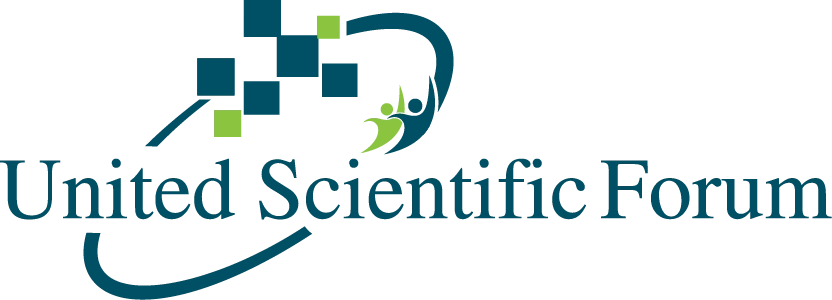Nursing Informatics
In the modern healthcare environment, Nursing Informatics plays a transformative role by integrating nursing science with information and communication technologies. It supports clinical decision-making, enhances patient outcomes, and optimizes workflows across various healthcare systems.
Integration Across Healthcare and Education
The field of Nursing and Health care is increasingly dependent on accurate data, real-time communication, and secure patient records — all of which are enabled by Nursing Informatics. Through initiatives in Nursing Education and Research, future nurses are being trained in digital competencies from the beginning of their careers.
To align with evolving clinical needs, Nursing Administration & Teaching Strategies now include informatics training to enhance analytical thinking and care coordination. This strategic alignment supports stronger Healthcare and Nursing Management practices.
Empowering Advanced Practice and Specialized Roles
Technological literacy is particularly valuable for Nurse Practitioners and those fulfilling the Role of Advanced Practice Nurse. It allows for better monitoring, documentation, and communication across the care continuum.
Specialists in areas such as Critical Care and Emergency Nursing and Trauma and Critical Care nursing depend heavily on real-time clinical data, decision support tools, and automated alerts — all made possible through robust informatics systems.
Improving Patient Safety Through Evidence and Compliance
The integration of Evidence Based Practice into electronic health systems helps standardize treatments and reduce clinical errors. Informatics also supports risk monitoring and addresses Risk Factors in Nursing and Healthcare Professionals, ensuring a safer environment for both patients and caregivers.
Extending to Community and Specialized Care
Nursing Informatics is being actively applied in Public Health Nursing and Community Health Nursing to track epidemiological trends, manage vaccination programs, and promote preventive care. It also benefits specialty fields such as Gynecology Nursing, Geriatric and Palliative Nursing, and Midwifery and Pediatric Nursing where continuity of care is essential.
Advanced digital systems improve care transitions in Pediatric Intensive Care & Neonatal Intensive Care units and contribute to data-driven planning in Cardiovascular Nursing and Oncology and Clinical Nursing.
Chronic Disease and Legal Considerations
Chronic disease management in areas such as Diabetes Nursing and Gastroenterology Nursing is strengthened by informatics tools that track lab values, medication adherence, and patient education. Additionally, Nursing Informatics supports legal documentation, reducing liability concerns within Legal Nursing frameworks.
Conclusion
As healthcare continues to digitize, Nursing Informatics stands at the center of innovation, education, and patient-centered care. It enables nurses to make informed decisions, ensures continuity of care, and fosters collaboration across specialties and disciplines.
























